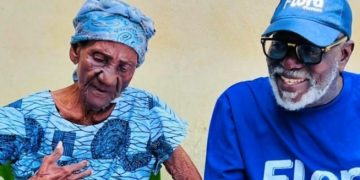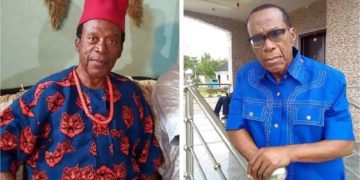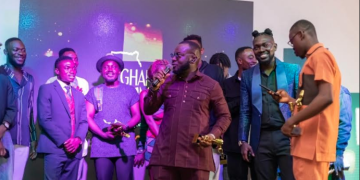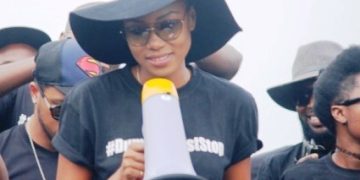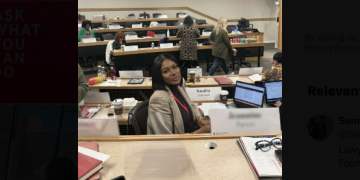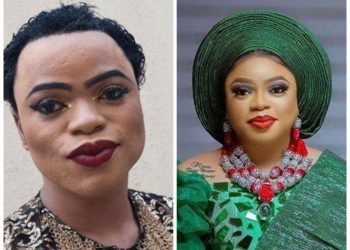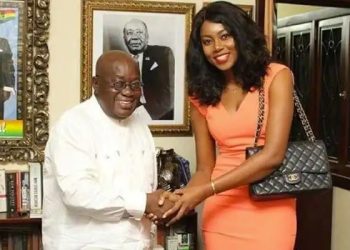‘When Women Speak’, a new documentary film, was premiered in Accra on Thursday, 13th January 2022 at the Silverbird Cinema in Accra.
According to the producers of the film, it is an important gap in the history of Ghana because while the contributions of African women to anti-colonial and nationalist struggles have been recognised, the position of women in post-independence states and societies was very uncertain.
The inspiration for the making of the film also comes from the fact that even though Dr. Kwame Nkrumah introduced some important policies and enhanced educational and employment opportunities for women, and created seats for women in Ghana’s parliament, and Ghanaian women were very active in the era of the Beijing conference in 1995 and beyond, there is a yawning silence in between.
The film traces 16 women who came of age in the 1960s and 1970s. It follows their experiences, as Ghana passed through periods of military, single-party and multi-party rule.
Watch the official trailer #WhenWomenSpeak
COMING SOON pic.twitter.com/pM4MH1xpQi
— When Women Speak Film (@womenspeakfilm) December 19, 2021
These people were prominent in public life – in the law, the media, academia, politics, and various governmental and non-governmental organisations for women. Their stories mirror the issues around which women mobilised, and the modes of activism and advocacy at home and abroad, during the lost decades.
They challenge the popular perception that gender activism is a foreign import that came from the ‘the West’ and found its way to Ghana with the restoration of multi-party democracy in 1992.
Directed by Aseye Tamakloe, and shot entirely in Ghana, by a Ghanaian crew, the film is an output of a research project titled: ‘An Archive of Activism: Gender and Public History in Post-Colonial Ghana.’
The project was designed and managed as a collaboration between Professor Akosua Adomako Ampofo (Institute of African Studies, University of Ghana) and Dr. Kate Skinner (Department of African Studies and Anthropology, University of Birmingham).
It was funded by the British Academy Sustainable Development Programme, which is supported by the UK government’s Global Challenges Fund. Additional support was provided by the Institute for Global Innovation, University of Birmingham and the Institute of African Studies, University of Ghana.
The funding also enabled the appointment of a postdoctoral research assistant, Dr. Jovia Salifu, at the Institute of African Studies.
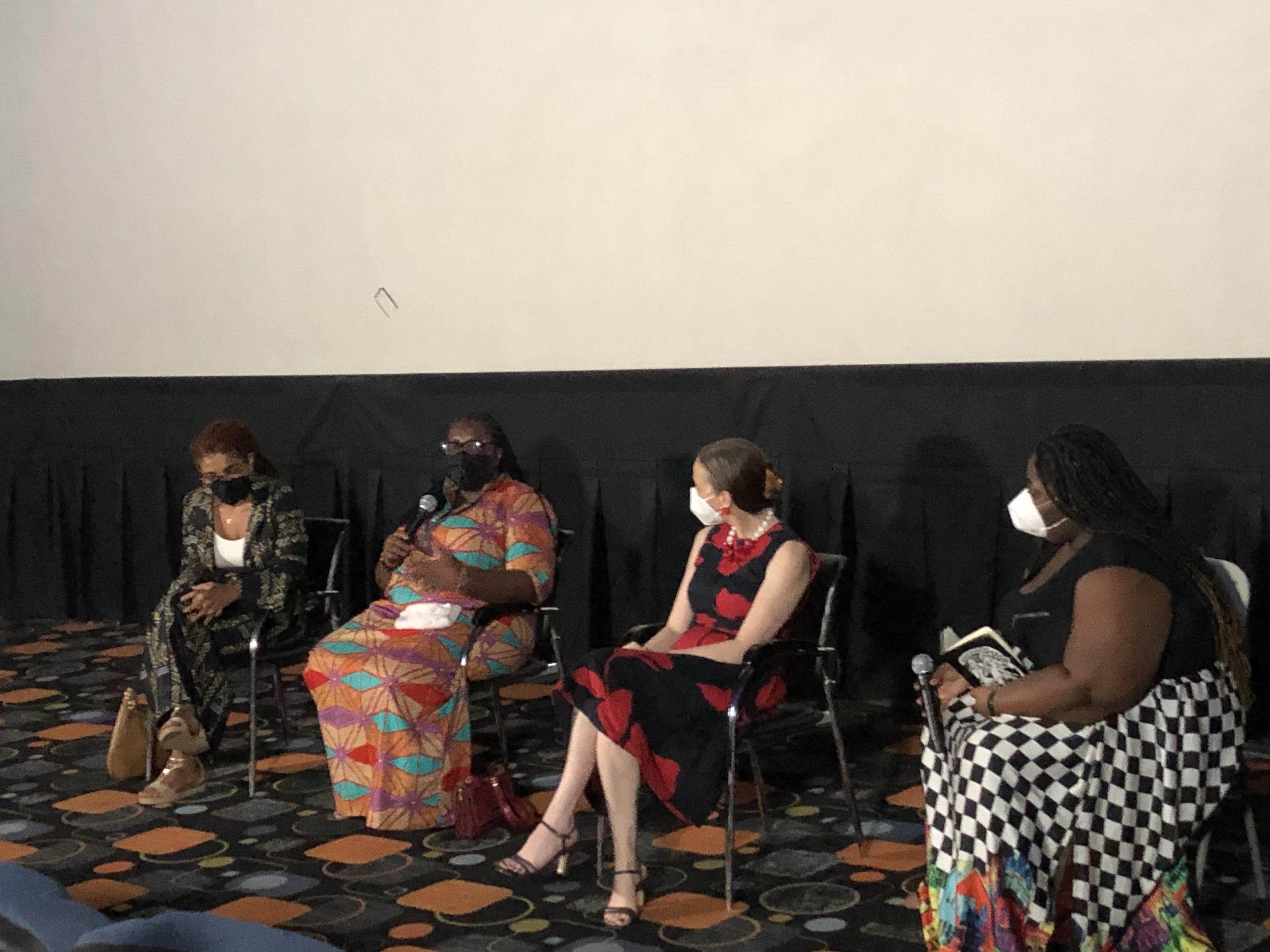
Project workshops for potential users of the film were coordinated by Dr. Rose Mensah-Kutin of ABANTU-for-Development.
The 16 women who were interviewed on camera for the film are Professor Akua Kuenyhia, Maalu Pognaa Catherine Bob-Milliar Yelkabe I, Professor Dzodzi Tsikata, Mrs. Dorcas Coker-Appiah, and Madam Ekua Ansah-Eshon.
Others are Madam Elizabeth Ohene, Professor Florence Dolphyne, Mrs Hannah Owusu-Koranteng, Hilary Gbedemah, Rev Dr. Joyce Aryee and Mrs. Marian Tackie.
The rest are Former First Lady, HE Mrs. Nana Konadu Agyemang Rawlings, Dr. Rose Mensah Kutin, Professor Emerita Takyiwaa Manuh, Mrs. Vicky Wiredo-Andoh, and Mrs. Elizabeth Akpalu.


